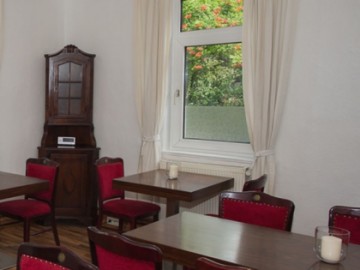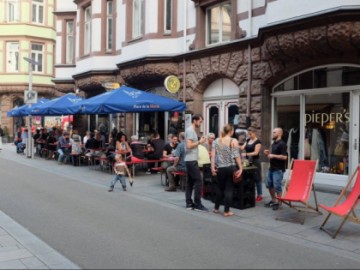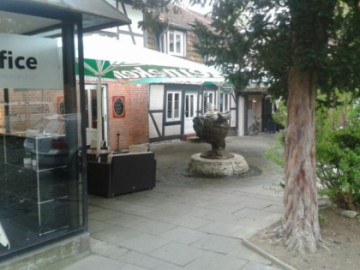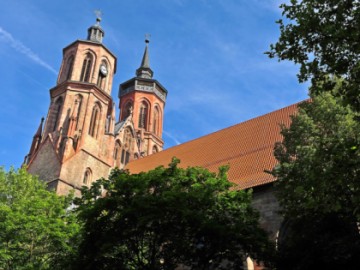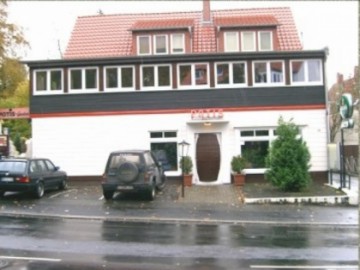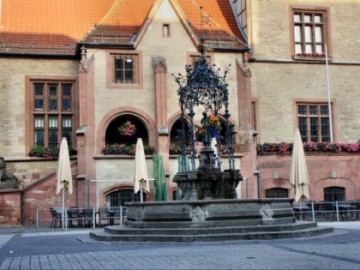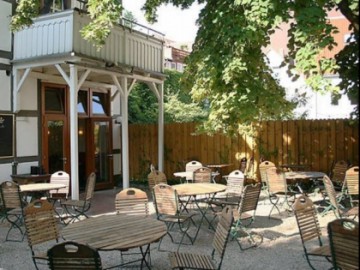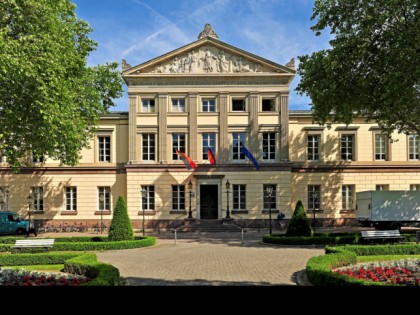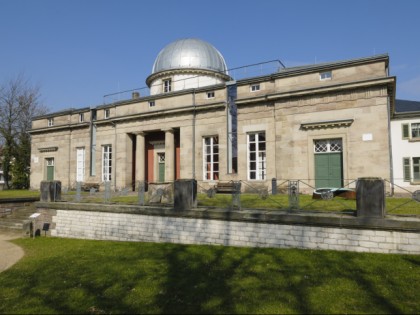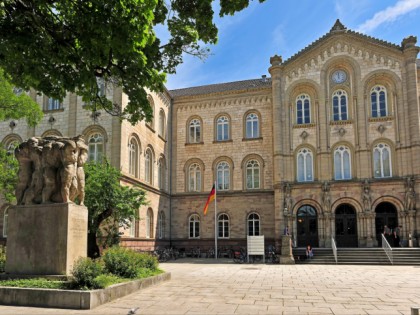University of Göttingen - the City’s Intellectual Center
The University of Göttingen named after Georg August was opened in 1737. It is named after its founder, King of Great Britain and Elector of Hanover, Georg II. This is one of the world’s largest research centers. The University occupies a leading position in the ranking of German universities. More than 40 Nobel Prize winners studied and worked here. Now more than 24 thousand students study in its 13 faculties. The main building stands at Wilhelm Square (Wilhelmsplatz). Wilhelm IV donated it to the university on its centenary. The symbols of the faculties of theology, law, medicine and philosophy are depicted on the pediment by Ernst von Bandel.
The university figured in the German history also thanks to the so-called Göttingen Seven. In 1837 seven professors- the founder of modern German literary history Wilhelm Albrecht, historian and politician Friedrich Dahlmann, orientalist Georg Ewald, historian Georg Gervinus, physicist Wilhelm Weber, and philologists Jacob and Wilhelm Grimm - refused to swear an oath to Ernst August of Hanover in protest against the abolition of the liberal constitution of 1833. The move of "the seven against the King" received international response. As a result, four lost their places at the university, and three were expelled from the kingdom. The memory of this event is immortalized in the name of the square in front of the University of Göttingen. In 1998, a bronze monument to the "Göttingen Seven" was erected in Hanover, the former capital of the kingdom.








